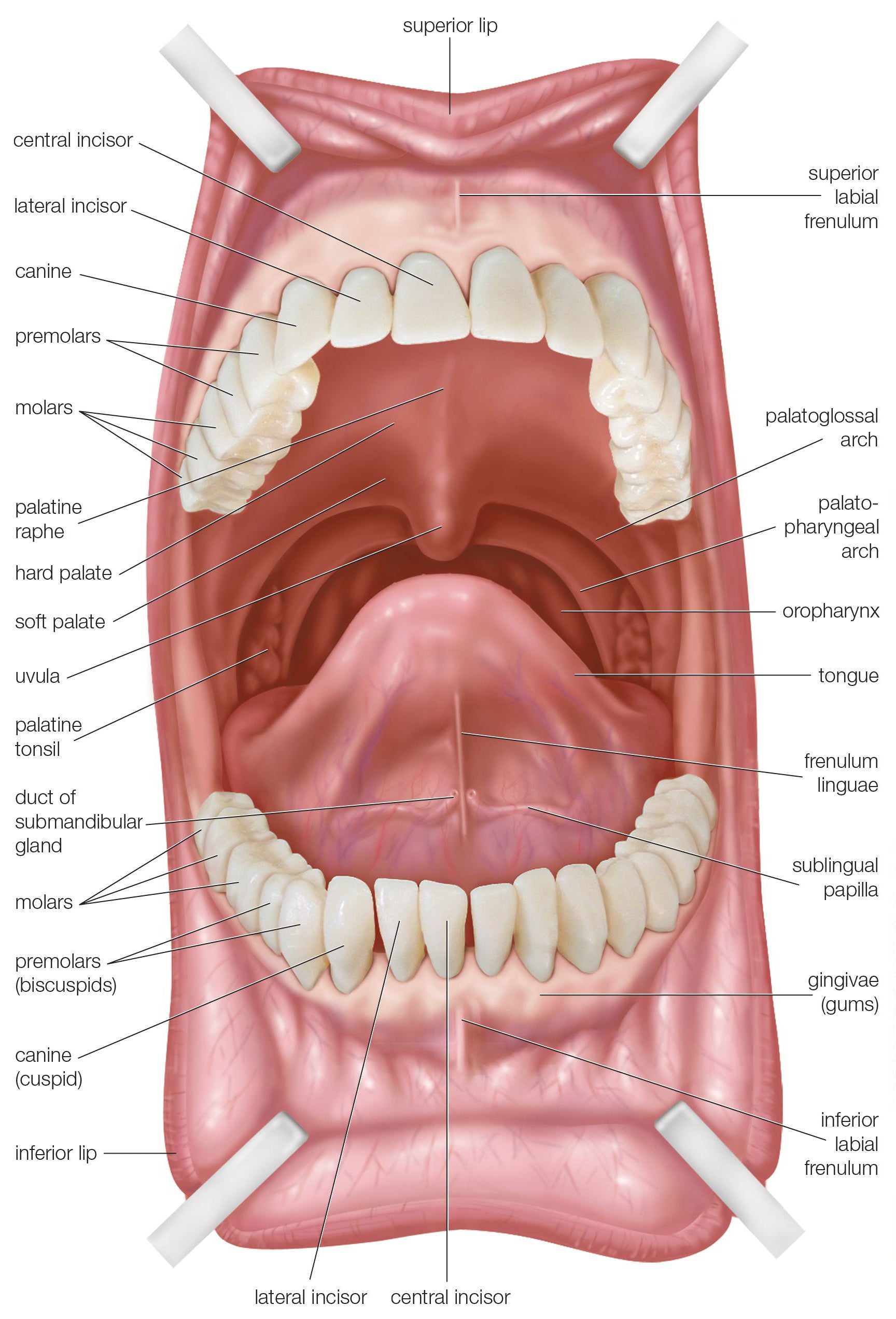Cocaine use can lead to a hole in the roof of your mouth
Cocaine-induced palatal perforation causes problems with drinking, eating and speaking
Your support helps us to tell the story
From reproductive rights to climate change to Big Tech, The Independent is on the ground when the story is developing. Whether it's investigating the financials of Elon Musk's pro-Trump PAC or producing our latest documentary, 'The A Word', which shines a light on the American women fighting for reproductive rights, we know how important it is to parse out the facts from the messaging.
At such a critical moment in US history, we need reporters on the ground. Your donation allows us to keep sending journalists to speak to both sides of the story.
The Independent is trusted by Americans across the entire political spectrum. And unlike many other quality news outlets, we choose not to lock Americans out of our reporting and analysis with paywalls. We believe quality journalism should be available to everyone, paid for by those who can afford it.
Your support makes all the difference.Cocaine tends to be associated with Nasal Septal Perforation, which is when the bit that separates our nostrils is eroded away. But it’s not the only part of the face which can develop holes when the drug is abused.
The palate is the roof the mouth, and separates the oral cavity from the nasal cavity. But it has a fragile blood supply, and this is shut off by cocaine use.
This process is called vasoconstriction (closing off of blood vessels). When the blood vessels constrict, the blood supply is compromised, delivering less oxygen to the tissues of the palate. With low oxygen, the palate lining begins to die and shrink away leaving a perforation (or hole in the palate).
Palatal perforation due to cocaine use is a serious issue which can have a wide range of adverse effects. There are three main problems that this can cause problems with – 1. drinking, 2. eating and 3. speaking.
Image: Imgur
The most profound and serious consequence of the palatal perforation is problems when drinking liquid. The palatal perforation (hole in the palate) means that liquid can travel through the palate and come out the nose. Whilst not generally life threatening this is embarrassing and unnatural.
The palate is used for tasting (as it contains many of the taste buds) so not having the roof of the mouth intact will affect the ability to taste food severely. Foodstuffs can also travel into the cavity which can cause risk of infection.
The palate is also used for speaking. Sounds that involve the contact of the tongue with the palate such as ‘s’, ‘t’ and ‘th’ will be affected.

Many people affected do not seek treatment early on, as they might be embarrassed about the condition. As it is not life threatening or even noticeable to the naked eye it can be ignored, and obviously the individuals are aware that this is due to use of illegal drugs so do not want to come forward. In many cases they will still be using the drug.
There are an estimated one million cocaine users in the UK, but it would take a severe user to cause this condition. Other associated conditions of chronic cocaine use include chronic/severe nosebleeds and loss of the nasal septum (middle of nose). There are other adverse impacts on the body – most notably heart problems/heart attacks, raised blood pressure and mental health issues.
It is worth nothing however that other conditions can cause palatal perforations. Some people are born with a cleft palate due to developmental (embryological problems). Other causes include tumours or severe infections (from TB or syphilis).
Palatal perforation due to Cocaine Abuse.
Posted by Howard Farran DDS, MBA on Saturday, 19 July 2014
Treatment wise, the palatal perforation (hole) will not heal itself so requires surgical intervention (closure). In the first instance the patient must stop using cocaine and any other recreational drugs.
Dentists in particular are in a special position to diagnose this condition because they are checking the health of your gums and soft tissues at every visit (as well as your teeth). Being a palatal hole it is most likely to be spotted by a dentist who can then broach the subject of recreational drug use and refer on to the appropriate surgeon (plastic, maxillofacial or ENT).
This problem is not likely to decline, as after cannabis, the next most commonly used drug in the last year by adults aged 16 to 59 was cocaine, and the level of use has increased from 2012 to 2014. Around one in ten adults have used cocaine, and 14% of 16 to 59 year olds report using cocaine more often than once a month. The UK is one of the worst countries in Europe for recreational drug abuse. Greater education earlier on as to the severe affects such as palatal perforations can be used to discourage recreational drug use later in life.
Dr Richard Marques,Wimpole Street Dental, London http://wimpolestreetdental.com/
Join our commenting forum
Join thought-provoking conversations, follow other Independent readers and see their replies
Comments